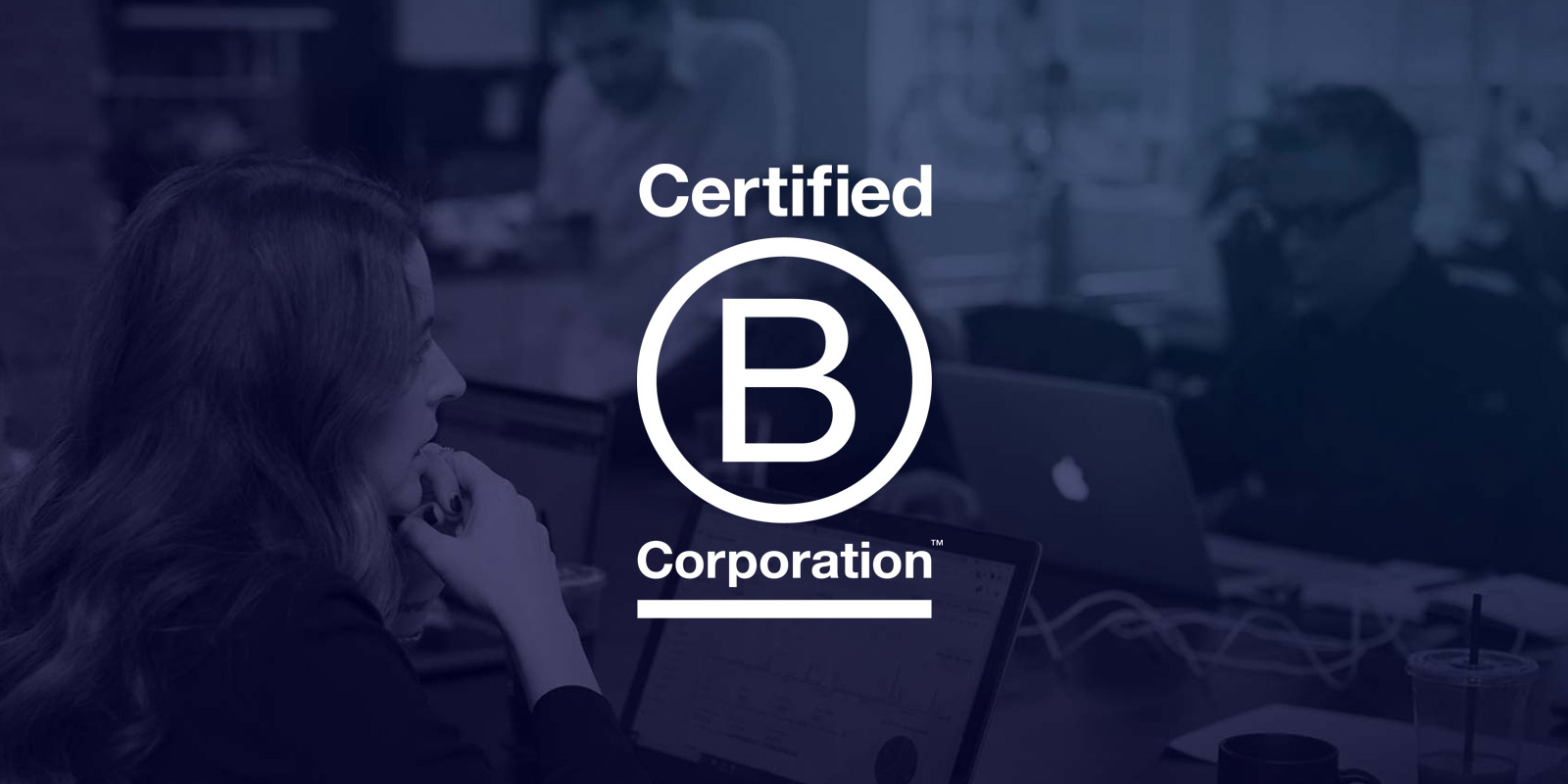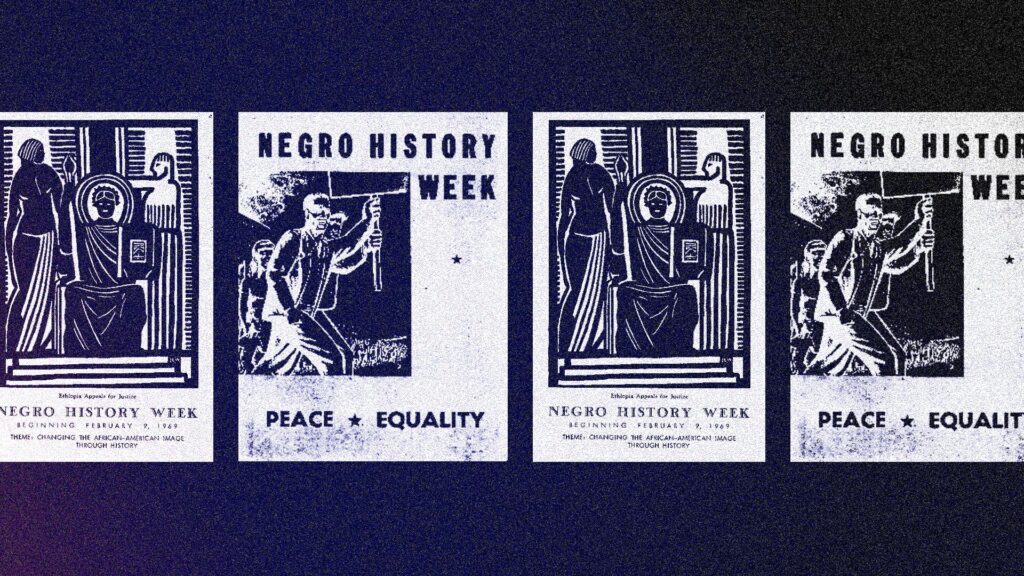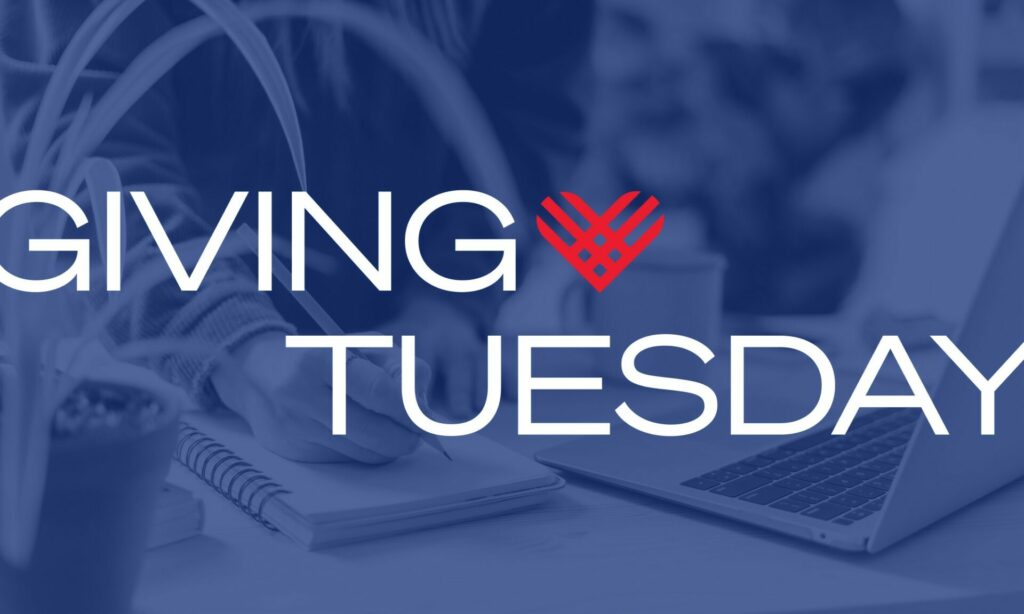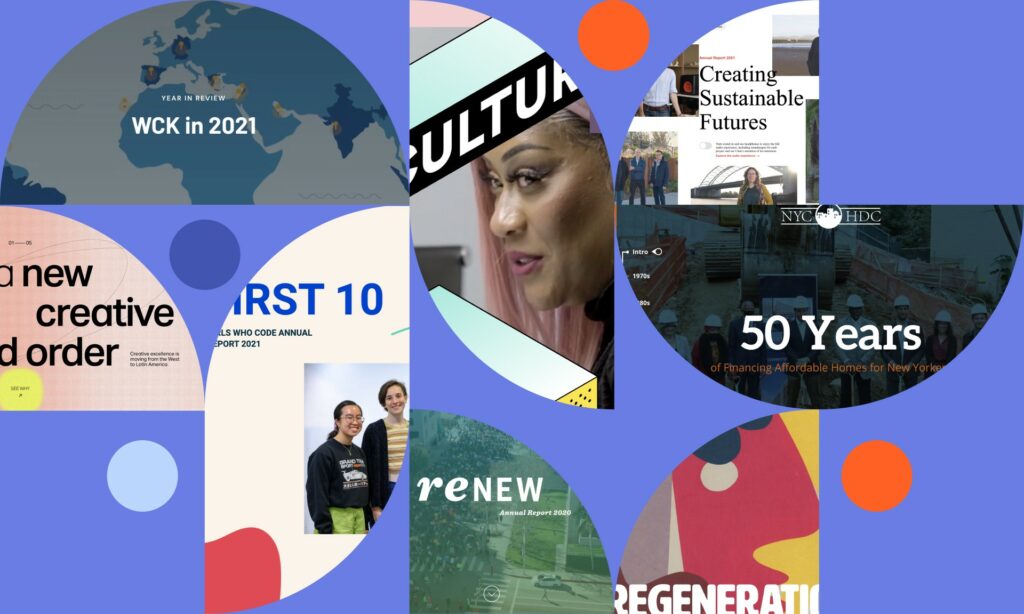
Recently, something peculiar happened to me.
I was giving a presentation to a peer group of executives on B Corporations and why they matter (a subject, I’ll admit, I’ve been quite passionate about since Visceral became a Certified B Corp in 2016).
“Does everyone know what a B Corp is?” I asked the room as I began, expecting at least half of the 16 heads to nod in the affirmative. After all, this was a group of super smart, progressive, and successful leaders.
Instead, I was met with a sea of blank stares. Not one flicker of recognition.
It dawned on me that if no one in this plugged-in group knew what B Corps are, the chances the general public knows are slim-to-none.
And that needs to change—now. Hear me out on why.
What Are B Corps?
Most of you are probably reading this asking the same question as my peer group: “What the hell is a B Corp?” It’s a legitimate question, and as the co-owner of a B Corp, it’s one that I’ve grown (very) accustomed to hearing.
B Corps are for-profit companies certified by the nonprofit B Lab (founded in 2006) to meet rigorous standards of social and environmental performance, accountability, and transparency.
B Lab wants B Corps to become for business what Fair Trade is for coffee, or LEED is for buildings – a signal to consumers of a more sustainable way of doing business.
In other words, B Corps are good companies, while groups like Fair Trade, USDA Organic, and FSC, are good products.
Today there are over 2,400 Certified B Corps operating in over 50 countries across the globe in 130 different industries. And they all follow one unifying goal: to use the power of business as a force for good.
Awesome! So… why haven’t you heard of them?
The main reason is that B Corps have only been around for roughly half the time of Fair Trade and USDA Organic Certifications. So they haven’t caught on as a universally-recognized movement quite yet.
But we must remember how long it takes progressive movements like these to actually gain momentum. For example, Fair Trade Certification initiatives began as early as the 1950s but didn’t enter into our common lexicon until nearly 50 years later.
I’m confident that the B Corp movement will continue to follow the same trajectory of Fair Trade and USDA Organic labels. Why? Because B Corp’s core values are what have always driven human progress in all different respects: people, planet, and, yes — profit.
People, Planet, Profit
B Corps’ corporate structure requires businesses to pursue a triple bottom line: people, planet and profit. In other words, businesses who choose to become B Corps are accountable not only for generating profits but also for creating positive social and environmental impacts while doing so.
“Wait,” you might be thinking. “Isn’t that what the whole Conscious Capitalism movement is about?” Sort of. Conscious Capitalism is the idea that businesses should be ethical, socially responsible, and transparent.
On the other hand, by undergoing a rigorous certification process, B Corporations provide hard proof that they’re actually doing these things.
Some people might be quick to dismiss B Corp as “nothing new” — that B Corps are just following the “trend” of sustainable, ethical, transparent business. But here’s the thing: The idea that business should care about more than profit is not a trend and it isn’t new.
We often hear that people — Millennials in particular — “demand” a better way of doing business today, and that’s why things have finally started to change for the better. Yet the truth is, from the very beginning of the Industrial Revolution, we’ve always demanded business be better and have tried to hold them accountable:
- First Came People: Starting in the mid-1800s, industrial workers in Europe and the U.S. demanded labor reform that respected basic human rights. The formation of labor unions, Chartism, and passing of child labor laws held businesses accountable for people.
- Then Planet: A century later, in the 1960s, “hippie” slogans like “Think Globally, Act Locally” and the formation of the EPA in 1970 focused on holding business accountable for their negative impact on the environment — here in the U.S. and across the world.
- And Finally, Profit: In the 21st century, we demand to know more about businesses’ profits. What good are they doing with their profit? Was that profit made in an ethical, socially responsible fashion? How much of that profit will be reinvested into the business to continue doing better by both people (including their own employees) and the planet alike?
The main difference in demanding business be better 150 years ago versus today is that we now have the internet: Our great democratizer and “putter-of-people-on-blast,” which has left terrible businesses with nowhere to hide.
Despite the recent re-emergence of nationalism we’ve seen in nearly all seven continents, the fact remains that we are now a globalized, interconnected people. All of our actions, even the very smallest, affect over 7 billion other people (and soon to be many more).
We’re running out of time to get this right.
The Impact of the B Corp Movement So Far
But we’re not at a ground zero, fiery apocalypse just yet (even if reading the news makes us think otherwise). The upshot is that the B Corp movement has already positively impacted dozens of industries across the globe — changing the way we think, act, engage, and consume.
A lofty goal? Perhaps. But already happening? Yes.
We at Visceral have already experienced the B Corp difference since getting our certification nearly two years ago. As a company, and as individuals, we feel different. We act differently. We now wear the B Corp badge of honor and are proud to put our money where our mouths are, doing things like:
- Paying 80% of our employees’ and their families’ total healthcare costs, a goal we’ve been increasing 10% per year until we can offer full coverage
- Giving annual salary increases, matched retirement contributions, and profit-sharing opportunities for all staff members
- Working solely with social enterprises, nonprofits, foundations, and other B Corps to create incredible websites that dramatically increase their audience engagement, cause awareness and revenue/donation streams
- Team volunteer days where we get involved in our local community
- Voluntarily participating in SDG&E’s EcoChoice program to support renewable energy sources
- Buying our office supplies from fellow B Corp Give Something Back Workplace Solutions who donates 70% of their profits to causes throughout the country
- Drinking (a near insane amount of) coffee from Tiny Footprint, the world’s first carbon-negative coffee, as a portion of every sale is donated to reforestation efforts
We were already working up to these goals when Visceral got its B Corp “calling” in 2015, when we first learned about the B Corp movement thanks to one of our clients who’d just gotten their certification. We wanted to lead the web design/development industry in helping purposeful organizations exceed their goals — becoming a B Corp was the natural next step in achieving this.
Each B Corp gets its “calling” at a different point in time and for a different reason.
Take Source Intelligence, a leader in Global Supply Chain management that became a B Corp in 2010. Like Visceral, Source Intelligence knew that the B Corp movement aligned with its values from the very beginning.
“When I first learned of the B Corp movement, I knew that it fit perfectly with why I started my business in the first place,” said Matt Thorn, Source Intelligence co-founder and Chief Operations Officer.
“Initially when we started the process of becoming a B Corp, we had to make some adjustments to meet the [eligibility] requirements,” continued Thorn. “But those changes made us stronger and brought another level of commitment and engagement from our employees and stakeholders.”
Similarly, New Belgium Brewery also felt that B Corp captured the spirit of their business’ mission and purpose from the start.
“We began having conversations with Jay Coen Gilbert, the co-founder of B Lab, about the B Corp concept in 2008,” said Jenn Vervier, Director of Sustainability & Strategy at New Belgium.
“Everything that Jay and his partners were trying to achieve aligned with how we were running New Belgium and our belief in stakeholder capitalism,” Vervier explained. “Becoming a B Corp was appealing as a legacy play for us, ensuring that the principles upon which we were founded would endure changes in ownership and management.”
In short, becoming a B Corp allows companies to forge a clear path for creating long-term impact within their organization and in the world at large.
Why B Corps Matter + Hope For the Future
Yes, becoming a B Corp is a process. You have to invest money and effort. You’ll likely need to make some adjustments and changes to meet the requirements.
Then, you’ll reap some massive benefits and provide hope for the future (no big deal!). Here are just a few:
1. The benefits of being a B Corp are huge
From better employee retention and loyalty to increased revenue, being a B Corp positively affects every part of your business. You get:
- A stronger team: A higher sense of purpose generates a cohesiveness and commitment among both employees and management
- A positive image: Potential customers, employees, and others will feel better about your company and eager to do business with you (read: increased revenue)
- Visibility: You’ll get way more attention from your community and among your industry
- A killer recruitment tool: (The best) job applicants want to work for companies whose values and social commitment they respect — as a B Corp, you can rest assured you’ll be offering them that
2. We need business to increase the pace of social change
The unfortunate truth is that social change just doesn’t happen quickly enough through government or nonprofits. This can sometimes be a point of contention among people who work in either sector. Which is why I want to be clear when I say that I believe B Corps are not meant to replace nonprofits.
The work of government agencies and nonprofits is incredibly important, but we’d be remiss to ignore the flaws inherent with fully relying on legislation, endowments and donations to move the needle.
Our free market can produce change much faster than either government or nonprofits, which both struggle endlessly with red tape and budget constraints. I’m 100% an advocate of capitalism — when it’s done right. For the right reasons, with the right motivations, focused on the right outcomes.
Other B Corps, such as New Belgium Brewery, agree. “We did not become a B Corp because of any perceived problems in our industry, but with capitalism itself,” said Vervier. “Problems with the belief that a company’s entire purpose is to financially benefit (oftentimes absentee) shareholders.”
3. For enduring profit, businesses must prove they’re transparent + ethical
Saying you’re doing good work just doesn’t cut it with consumers in the 21st century. You need to prove you’re better — your profits depend on it. Time and again, B Corp firms have highlighted how their B corporation certification helps them stand out “in the midst of a ‘greenwash’ revolution” among other companies. In other words, the certification plays a huge part in helping customers sort through the marketing hype to find businesses that truly are socially and environmentally responsible.
What’s more, the B Corp guidelines themselves provide a “North Star” to follow for transparency and social responsibility when day-to-day operations inevitably get crazy.
Source Intelligence co-founder Matt Thorn says that “B Corp helps establish ‘guard rails’ to keep companies on track when business challenges distract them from keeping the core goal — to have a positive impact — front and center”.
4. Real, tangible threats will force business to take a stand
Global threats like climate change, overpopulation and a growing divide between wealth and poverty are real.
They exist right now, and they are issues that are growing in both size and scope. And as our planet becomes more crowded and resources more scarce, it won’t be possible to ignore those issues for much longer.
There will come a time — sooner than later, I believe — that business will have no choice but to operate in a transparent, ethical and responsible manner to help alleviate these mighty challenges we face.
Otherwise, there won’t be much of a global economy to compete in, anyway. Becoming a B Corp right now shows consumers that you get it. You’re ahead of the curve, well-equipped to weather any kind of change and you’ll likely stand the test of time. “Companies that consider the well-being of all their stakeholders, and the planet, in their decision-making matter because corporations are massive repositories of financial and human capital,” said Vervier. “Thus, their power to do harm — or good — is enormous. When companies become B Corps, it becomes a little bit more likely that things might turn out OK for humans on this planet.”
So, where does the B Corp movement go from here? It depends, of course, on a variety of factors.
But its future success seems to be rooted in both legislation and a global shift in shareholder mentality.
For example, Thorn hopes that B Corp is heading toward something like an ISO 9001 certification, where it’s nearly a required part of business operations.
And Vervier suspects that once the B Corp movement is successful, it will no longer even be necessary. “After changing corporate law in most states to allow for B Corps, then perhaps the next challenge is creating a shareholder mentality that demands it, too,” she said.
I think that one point we can all agree on is that the world would be a vastly different place if companies also focused on the other two crucial parts of that triple bottom line: people and planet.
No doubt capitalism works. The “worst system, except for all the others” has accomplished some amazing feats for us as a society; but it needs to be honed in a way that is functional and sustainable.
That’s not to say that B Corps are without their flaws. They still struggle with a multitude of business-specific challenges, not least of all the need to turn a healthy profit.
Yet on the whole, the B Corp movement is about a mindset shift towards caring about more things than just cold, hard cash. I personally view it as a major step in the right direction — even if the road ahead is long.














